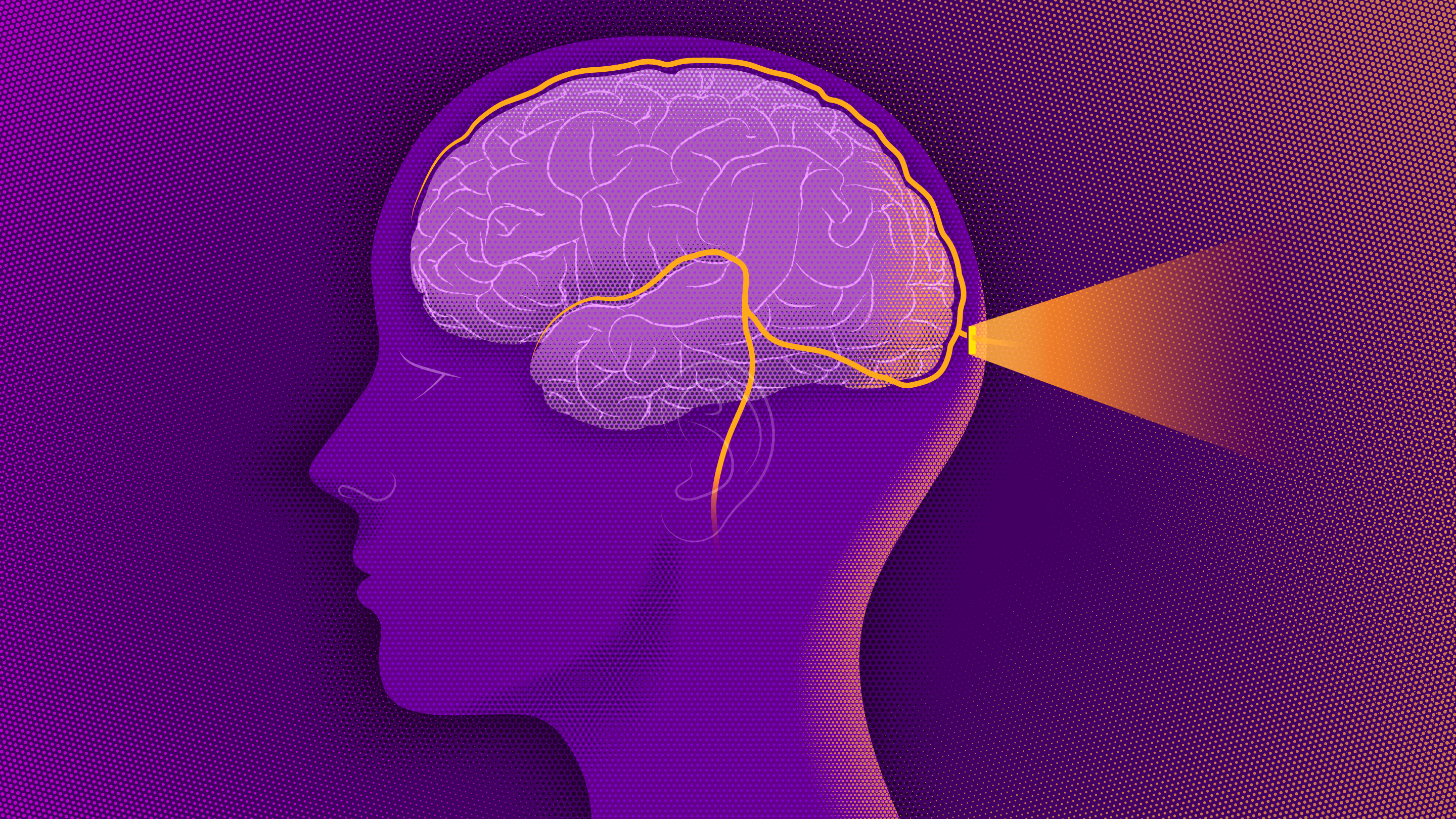Lastest update: April 02, 2023

Face-selective neurons
Concept Cells
Because that’s the way we store our memories. We tend to remember concepts and associations between them and to forget irrelevant details - so, we’ll recall seeing pictures of Jennifer Aniston at the hospital ward, for instance, but won’t remember details of the specific images.
Biological neurons are multimodal neurons, firing in response to a specific concept regardless of its modality: image, spoken name, written name. Concept cells may sometimes fire to more than one concept, but if they do, these concepts tend to be closely related (Quiroga et al., 2005).
Some neurons even fire for an item related to a specific person (De Falco et al., 2016), the neuron that responded to Luke Skywalker also fired to Yoda, another Jedi from Star Wars; another neuron fired to two basketball players. They fire to the concept itself no matter how it is presented. (Quiroga, Fried and Koch, 2013).
Or image of the person regarless with their head orinatation (Freiwald et al, 2010).
Hypothesis - Concept cells in medial temporal lope is bring stuff into awareness for forging new links and memories related to it, such as later remembering seeing it picture (Quiroga, Fried and Koch, 2013).
Continual Learning
Face-selective neurons maintain the same distinctive selectivity patterns for at least 10 years (McMahon et al., 2014).
TODO: The neocortex relies on task-specific synap- tic consolidation, whereby knowledge is durably encoded by ren- dering a proportion of synapses less plastic and therefore stable over long timescales. (Fusi, Drew and Abbott, 2005)
The Edge of Chaos
(Stringer et al., 2019) found that the neural representation in the mouse’s visual cortex follows critical points.
Memory
Patient H.M. damaged, critical for transfer short-term memories into long-term memories
Perception
The perception of sweetness when eating something is not only influenced by the taste on your tongue but also by its smell (Stevenson, 1999)